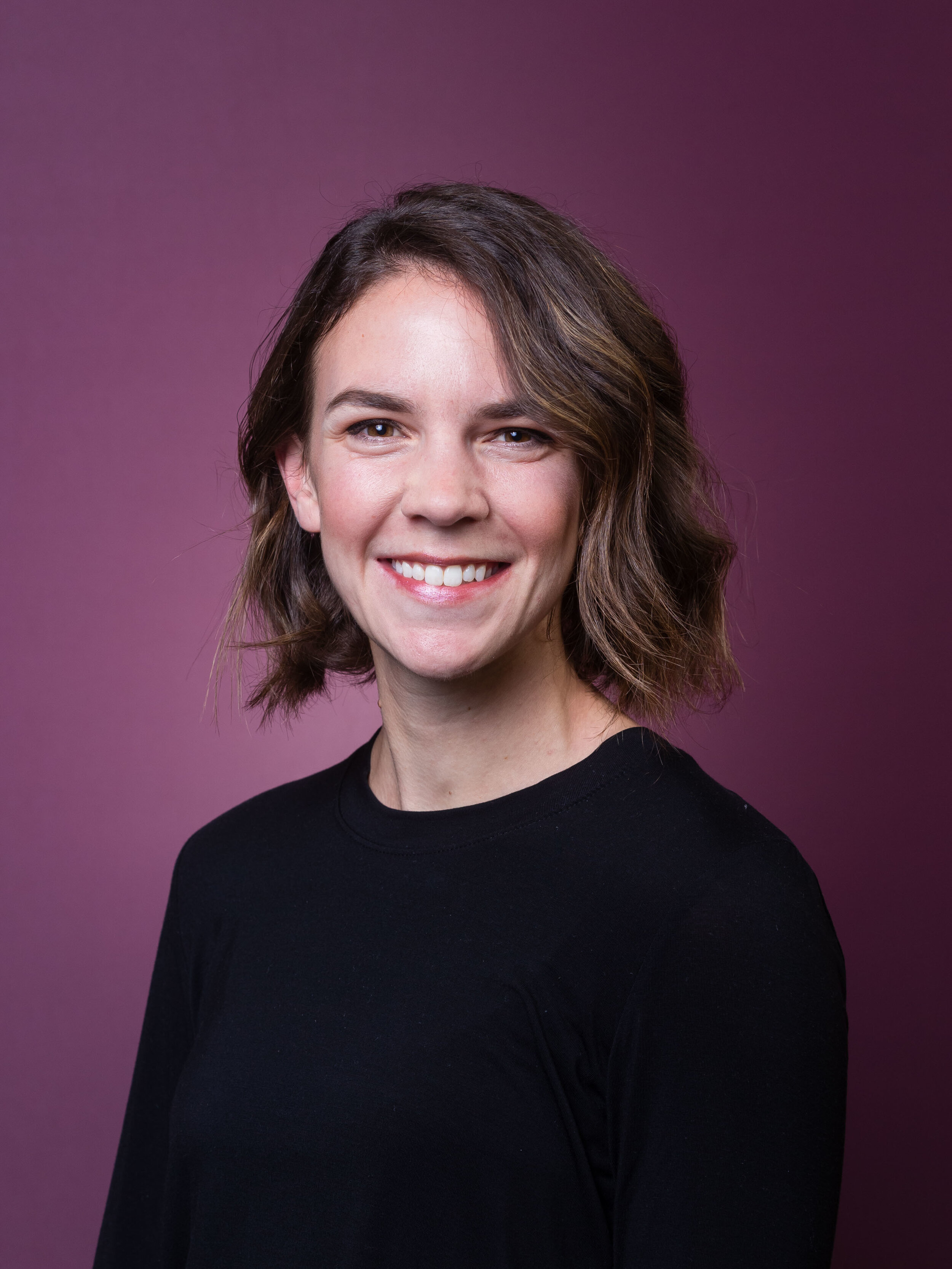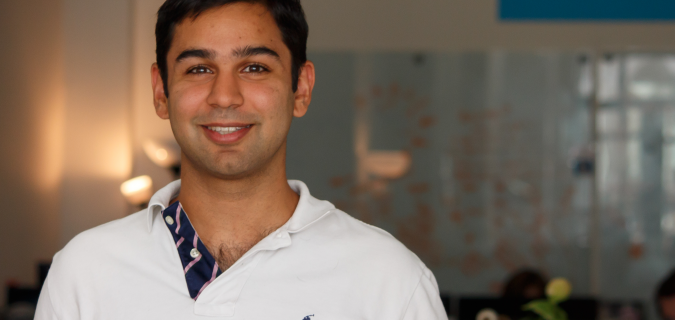
How I Started & Scaled A Tech Company At 21 Years Old with Dejon Brooks
Dejon is the 21-year-old Founder, who put his life savings into starting up Trend Watchers. After reaching over 50 million people through his own social platforms, Dejon now helps thousands of content creators go viral by taking advantage of internet trends.







